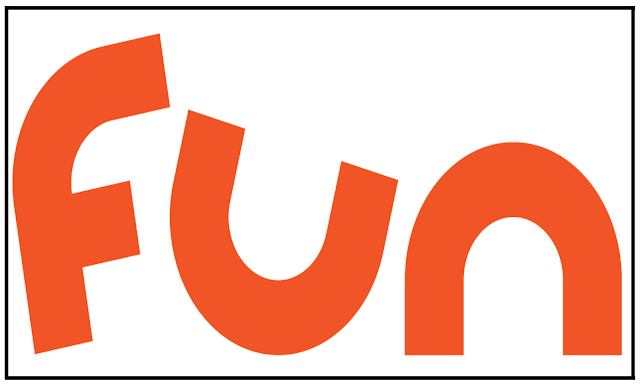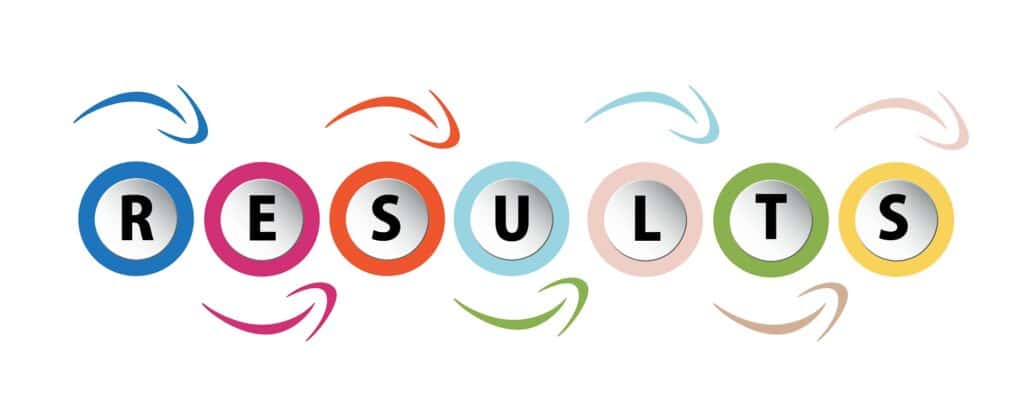We all know that examination times can be fraught. Even when they are not public ‘high stakes’ exams, everyone wants to do well, and so things can feel pressured. When they have not done as well as they would have liked, students can sometimes feel, that they are not making the progress they want, or even that they are moving backwards. That can be uncomfortable.

I think, though, that in supporting our students and children, there are some helpful attitudes we can adopt and do our best to convey to them, and these are to do with the very ways we think about progress. There may be some underlying hidden assumptions that are worth examining. Because learning is by nature intangible, we tend to think in metaphors to help us, and the most common metaphor for learning is as ascending a ladder or a staircase; the higher we go, the more we know. That feels like a natural way of thinking, mirroring as it does our students’ heights as they get older. The upwards model might involve passing through stages, as some psychological theories suggest, and it is essentially linear and unidirectional. It is of course reinforced by apparently even grading scales, like 1 – 7, or A* – E. In his now famous book Metaphors we Live By, George Lakoff argues that metaphors work not just by helping us in specific instances, but also by shaping our thinking in ways we do not anticipate. In this he is surely right; that’s the power of metaphor – but its also the danger.
If we think of staircases or ladders then we might expect learning to be steady, constant. A moment’s introspection, however, and any knowledge of the reality of how students actually learn, suggests that this staircase metaphor is not an accurate way to think about cognitive change. When we learn we know that we can make sudden breakthroughs, flounder around, or even regress in our understanding. This famous cartoon captures another model – and there is a lot to be said for it – but I came across something that really resonated with me as a better way of thinking about the whole process.
In his book Emerging Minds, Robert Siegler, professor of psychology at Carnegie Mellon University argues for a metaphor of overlapping waves. He argues that rather than stepping evenly from one stair to another, learning is more akin to “a gradual ebbing and flowing… with new approaches being added and old ones being eliminated… To capture this perspective in a visual metaphor, think of a series of overlapping waves” as the tide comes in. Sometimes, the waves come in strong and fast; but sometimes they don’t quite make it as far up the beach. Sometimes, there is a gap when the waters are quiet. These aren’t regressions – that’s just the way it is sometimes. So progress is not linear, and while we may want the waves far up the beach, sometimes we need to allow a period of retreat, and wait, confident that there is a rhythm to things.
I like this metaphor; not only is it a more accurate view of learning than the staircase image; it’s also a more humane and forgiving one. Journalist Annie Murphy Paul asks “How many of us have felt distressed to see our children, or ourselves, “slipping back” into ways of thinking and acting we thought we had outgrown? What a difference it makes to see such episodes not as a failure to ascend to the next stage, but as part of the natural movement, the ebb and flow, of learning. “Slipping back” isn’t a shameful retreat from our goal—it’s part of the process of getting there.”
If the students themselves grasped this, then those who struggle might be kinder on themselves, and those who seem to be nailing things now would not fall into trap of thinking they have somehow ‘arrived’ as ‘finished products’. Critically, they might not be surprised if things do not go so well in future.
If we see learning and assessment in this sense, then perhaps we might find the grace to allow this approach to extend a little more broadly – to Colleges, relationships and perhaps even life itself. I hope we can move toward this more generous model of thinking.
References
- Seigler, R (1998) Emerging Minds: The Process of Change in Children’s Thinking. Oxford University Press



1 Response
Liked the metaphor. Life is not a straight line, it is rhythm : inhale exhale, joy sorrow, success confusion. Learning does come in waves , so sometimes we flow, sometimes we pause but both are a part of growth. There is no slipping back , it’s often simply regrouping for a deeper leap. Waves come not to disrupt the surface, but to stir something from within. When we embrace this rhythm , learning becomes less about achievement and more about surrendering to the flow of life’s intelligence.